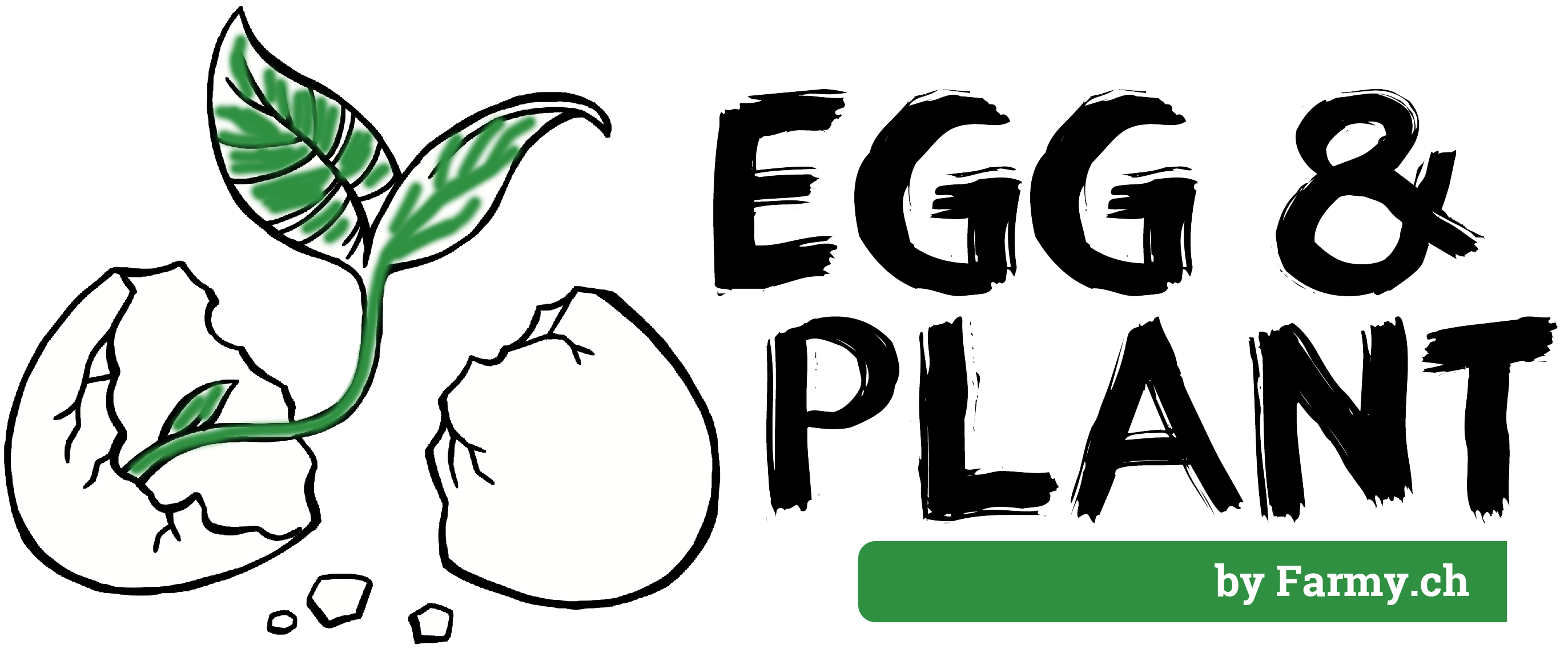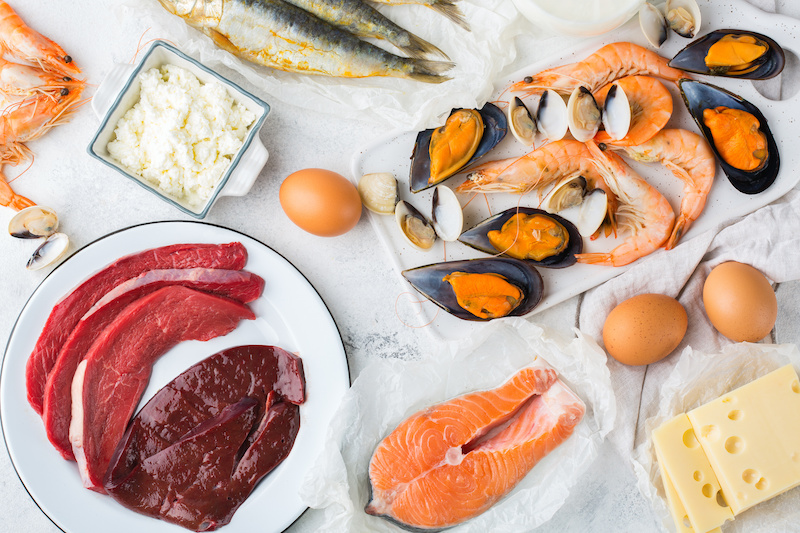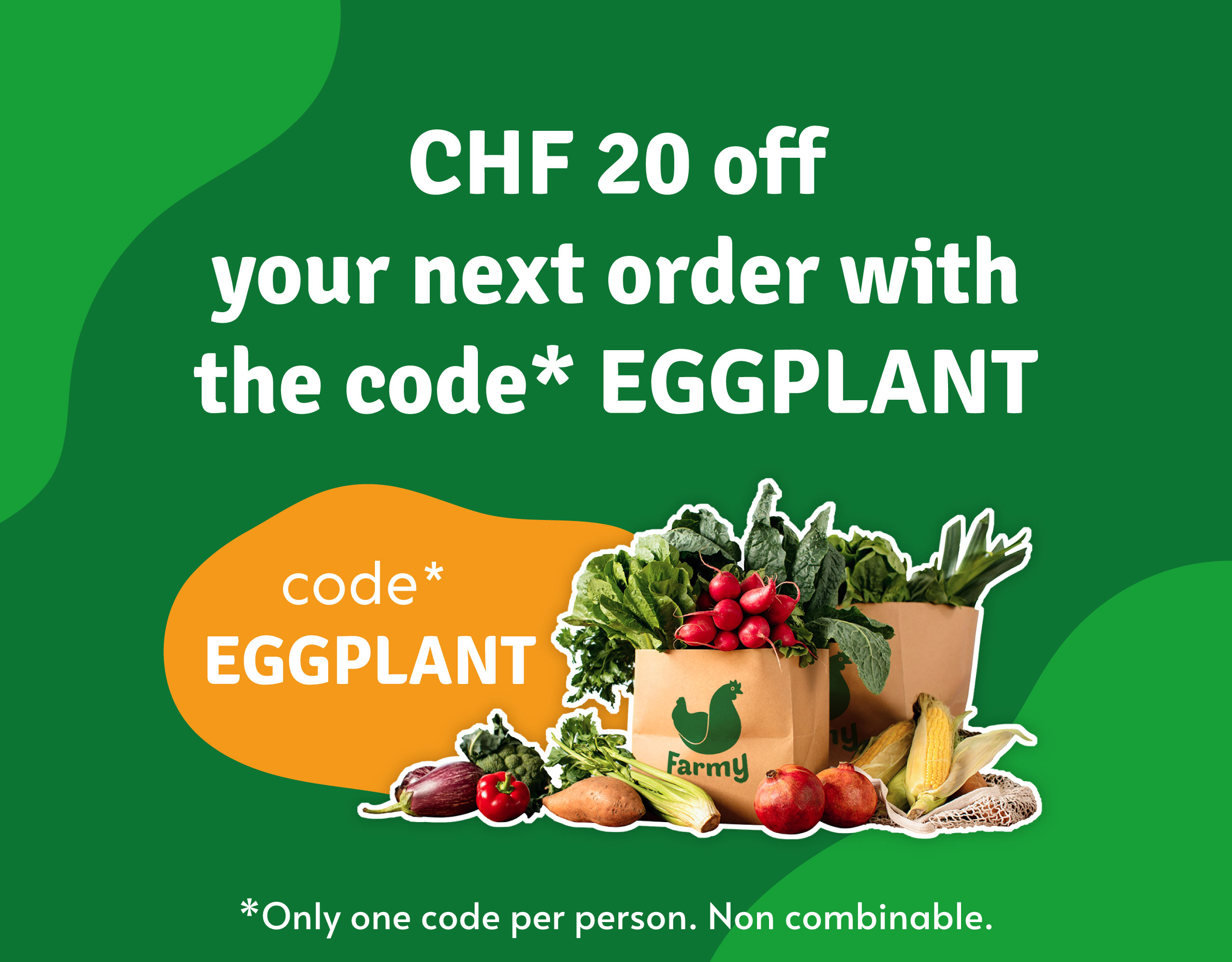Feeling tired lately? Consider indulging in vitamin B12-rich foods! No matter your dietary preferences, we’ve got the inside scoop on natural B12 sources that will fit seamlessly into your diet, from clams to nutritional yeast. Get more information to uncover the key to banishing fatigue and boosting vitality with these nutrient-rich foods.
Whether you identify as a meat-eater, vegetarian, or vegan, you’re probably familiar with the elusive yet essential vitamin B12, also known as cobalamin. It plays a crucial role in making sure our brains and nerves work properly and helps us make red blood cells that carry oxygen throughout our bodies. Furthermore, it promotes heart health, assists DNA synthesis, and boosts energy levels. Indeed, the benefits of vitamin B12 cannot be overstated.
B12 enters our body either by eating meat or by artificially enriched plant-based food
Viratmin B12 is naturally born out of bacterial activity but ends up in our bodies mostly via animal products. That’s because farmed animals accumulate this nutrient throughout their lives, which they get from fortified feed or bacteria-laden manure. However, B12 can also be synthesized and added to plant-based foods, naturally lacking this vital vitamin.
Animal liver, beef, and some parts of seafood are ideal for a proper natural intake of B12
In Europe, the EFSA Panel on Dietetic Products, Nutrition, and Allergies set recommended vitamin B12 dosage for adults at 4mcg/day. Pregnant and lactating people should increase their daily intake to 4.5-5mcg. How do you fill this norm without relying on supplements? By eating foods naturally rich in B12, of course! Animal liver steals the top spot here, with around 70-75mcg of B12 per 100 grams of cooked beef or lamb liver (kidneys are a close second). If organ meat is not your cup of tea, beef ranks high, too, with 5.89mcg/100g of grilled flat iron steak. Seafood lovers can binge on clams (98.9mcg), tuna (10.9mcg), sardines (8.94mcg), and trout (7.49mcg) to fill their vitamin needs. Milk and eggs are viable only as supporting cast members, with 0.45mcg and 1.11mcg per 100 grams, respectively. Unlike iron, B12 doesn’t appreciate being paired with vitamin C, as it blocks its absorption, so avoid having both eggs and orange juice for breakfast or combining fish with broccoli, for example.
Plant-based food must be enriched with synthetic B12
If you’re mostly eating plant-based, fortified B12-rich vegetarian foods can help you casually increase your vitamin levels without supplements. One example is fortified nutritional yeast: just two tablespoons of these umami-rich flakes over pasta or salad may contain over seven times its recommended daily value! Another option is non-dairy products enriched with vitamins: depending on the brand, you can get anywhere from 15-85% of the daily norm of B12 from 100 millilitres of vegan milk. And if you pair it with an enriched cereal, you’re feeding two birds with one hand. However, unless you want to track every meal, you should look into supplements to avoid vitamin B12 deficiency.
How to determine if your body is low on vitamin B12
The best way to determine whether you’re running dangerously low on vitamin B12 is to do a blood test and consult your doctor about the results. However, even without the tests, some telltale signs can indicate megaloblastic or pernicious anaemia caused by low vitamin B12 levels. If you notice your body is off balance, your heart is pounding, your memory worsens, your head and chest ache, and your energy levels drop, you might be experiencing symptoms of vitamin B12 deficiency. Before self-administering any supplements, however, be sure to get a professional opinion.
The top 5 foods rich in B12 that you might want to fill your plate with
- Clams
- Oysters
- Nutritional yeast
- Mussels
- Crab











What do you think?